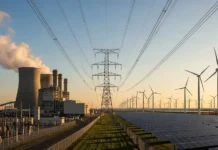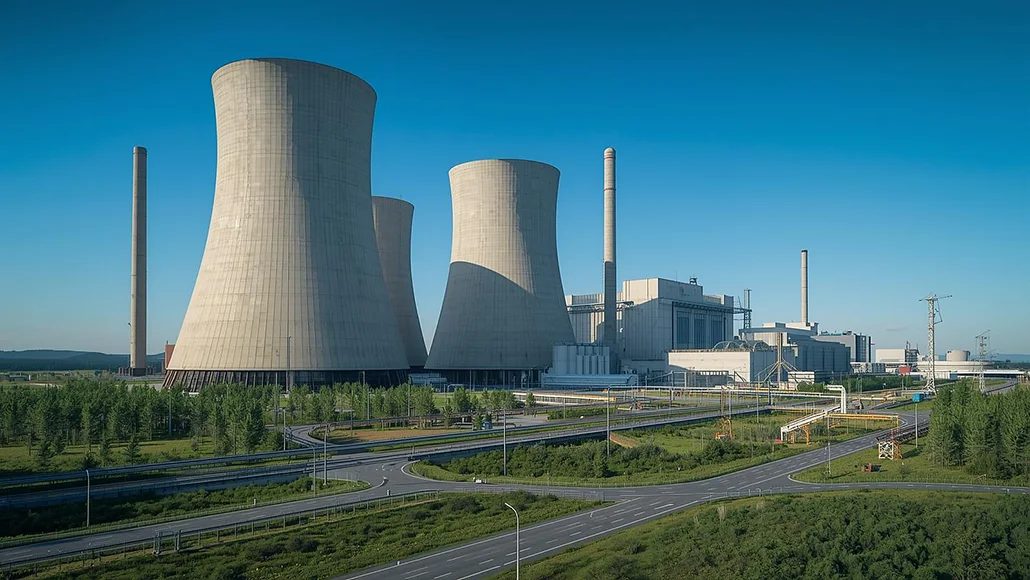The Philippine Department of Energy (DOE) has introduced a detailed framework outlining incentives, long-term contracting opportunities, and priority dispatch for the country’s first nuclear power project, marking a significant step toward adding nuclear energy to the national power mix.
Signed on 2 October by Energy Secretary Sharon Garin, the new circular lays the policy foundation for the Philippines’ first commercially developed and operated nuclear facility, named the Pioneer NPP. According to the DOE, the Pioneer NPP will function as a baseload power plant and receive priority dispatch in coordination with the DOE, the Independent Market Operator, and the System Operator, “regardless of the nuclear technology deployed.” The department noted that this policy “ensures a competitive investment environment for the Pioneer NPP, paving the way for further nuclear developments that will reinforce the country’s long-term energy security”.
Within 90 days of the circular’s release, the DOE will assess potential models for government involvement and funding in partnership with the Department of Finance, Department of Economy, Planning, and Development, the Maharlika Investment Corporation, and other agencies. At the same time, preparations will focus on grid readiness to enable smooth integration of nuclear power into the country’s transmission network.
Flexible contracting options such as auctions, direct contracting, or aggregation will be introduced for industrial and economic zone applications. The Energy Regulatory Commission will set up a Regulatory Asset Base (RAB)-type model, or something similar, to help recover capital. Contracts will run for at least 25 years and can be extended for another 25.
The Pioneer NPP will receive automatic certification as an Energy Project of National Significance, qualifying it for incentives and expedited approvals.
“This is more than just a policy document, it is an investment signal,” Garin said. “By establishing clear rules for nuclear integration, we are giving confidence to investors, partners, and stakeholders that the Philippines is ready to responsibly and strategically adopt nuclear energy as part of its clean energy transition. Nuclear will complement renewables by providing reliable, stable baseload capacity – ensuring that our economy has the energy security it needs to grow while meeting climate goals.”










































